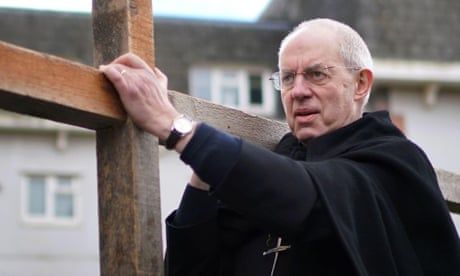
A new Anglican leader must reinvent the role if they are to restore faith in an institution mired in sexual abuse scandals
Next week churches, chapels and cathedrals across England will be celebrating Christmas in traditional style. Congregations doubled, the pews will be filled for perhaps the only time of the year, the chancels and naves glittering through the darkness with lights, baubles and good cheer. There will be all the old familiar carols, Christingle services and midnight masses, the plaster baby Jesus will be inserted into his crib, the brasswork will shine and, doubtless, waves of beer fumes will waft gently skywards as worshippers re-enact the hallowed, long-remembered rituals of the ancient, astonishing nativity story.
This year, however, a sense of gloom fringes the traditionally joyous celebrations. It has been truly an annus horribilis for the Church of England, experiencing what some see as the gravest institutional crisis since its foundation by Henry VIII in 1534. In the past, it has survived schisms and rows, a civil war, the moral degradation of slavery, the 19th-century battle between biblical literalism and evolution, disputes over ritualism and, most recently, the divisions over the ordination and treatment of woman and gay people. Never before, however, has an archbishop of Canterbury been forced to resign, as Justin Welby was last month, with possibly more bishops to follow, and never has the church seemed so isolated from the society it seeks to serve.
Continue reading...